Premium Only Content
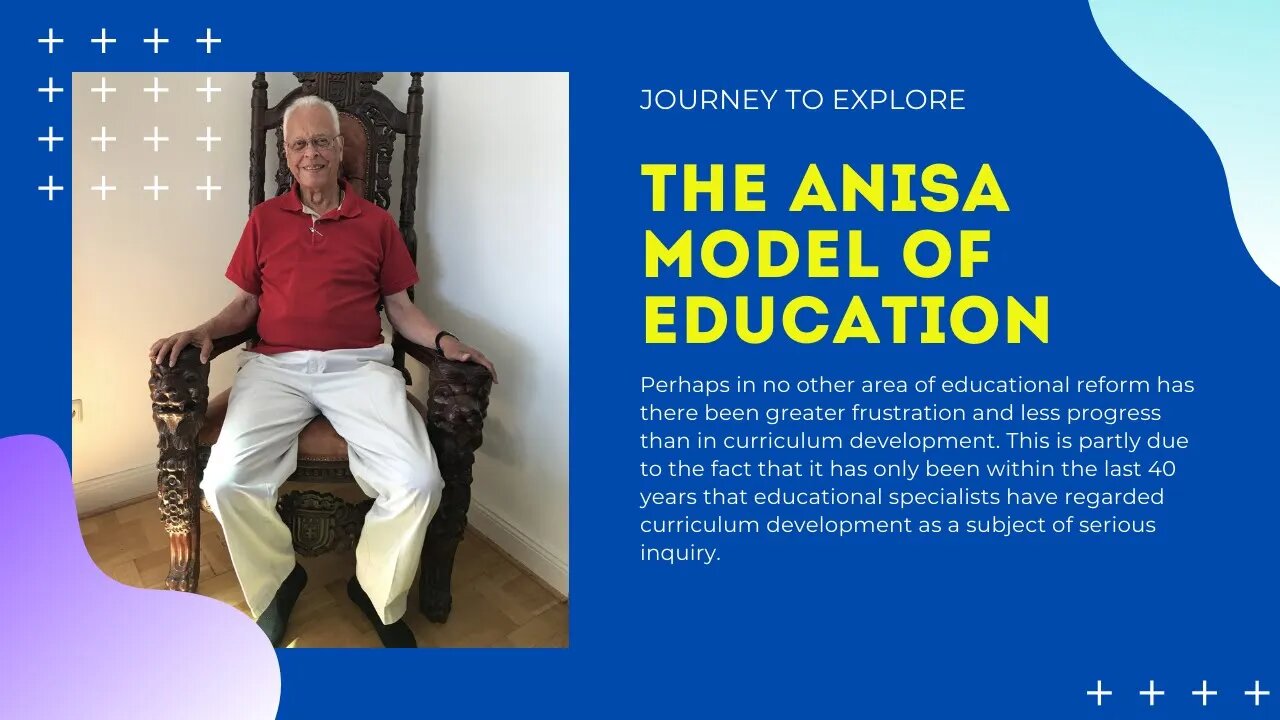
A Journey to explore the Anisa Model of Education.
For years, people in the teaching profession have been satisfied with thinking of the curriculum as merely the listing of courses offered by the school. This is understandable since traditional education has been almost entirely organized around the presentation of factual information with the expectation that a reasonable amount of that information would be retained by the learner and produced when examined. However, in more recent years the limitation of curricula conceived in these terms has become apparent: educational systems based on curricula of this kind are inadequate to prepare individuals for the enormous responsibilities a rapidly changing world requires of them. Consequently, the call has gone out for a redefinition of education which requires a new perspective on curriculum development, what it is, and how it should be modified to meet the needs of a rapidly changing world.
Perhaps in no other area of educational reform has there been greater frustration and less progress than in curriculum development. This is partly due to the fact that it has only been within the last 40 years that educational specialists have regarded curriculum development as a subject of serious inquiry. A second factor in the lack of progress stems from the tendency for curriculum reformers to develop new curricula in the absence of any serious consideration of the nature of the individuals for whom the curricula are being developed.
To initiate and sustain significant curriculum reform, however, involves two monumental tasks: (1) establishing a philosophical basis which explicates the nature of man-identifying the fundamental propositions which define his nature-and (2) using those propositions as means of integrating the body of existing knowledge about human growth and development into a comprehensive theory which then can serve as a guide to educational practice, including curriculum development.
It comes as no surprise, then, that many curriculum theorists such as Joseph J. Schaub, Arno Bellack, Daniel Tanner, George A. Beauchamp, Jerome S. Bruner, and Arthur W. Foshay suggest a variety of interim procedures to handle the immediate needs for curriculum change, indicating that the creation of a comprehensive curriculum is unlikely in the near future. In spite of this pervasive pessimism among such writers about the likelihood of a comprehensive theory of curriculum being developed, Arthur W. Foshay and Lois A Beilin have suggested in The Encyclopedia of Educational Research what such a theory should be able to do:
When a comprehensive curriculum theory is built, it will have to take into account not only the learning methods and teaching methods (strategies of instruction and the like), but also the knowledge to be learned, the nature of the student who will learn it, and the nature of societal responsibility shared by teacher and student. For if education is a moral affair before it is technical affair, then the grounds for moral behavior have to be incorporated in one’s theory of educational action.
As a minimum, the above conditions are met in the Anisa theory of curriculum.
Extra Online Sources to use:
http://edpsycinteractive.org/anisa/index.html
-
 1:36:52
1:36:52
Steven Crowder
4 hours agoMamdani's Anti-White Victory Must Be America's Wake Up Call
226K254 -
 LIVE
LIVE
Dr Disrespect
4 hours ago🔴LIVE - DR DISRESPECT - ARC RAIDERS - AGAINST ALL DANGER
1,558 watching -
 LIVE
LIVE
Side Scrollers Podcast
3 hours agoGTA 6 GETS WRECKED AFTER ANOTHER DELAY + India THREATENS YouTuber Over Video + More | Side Scrollers
825 watching -
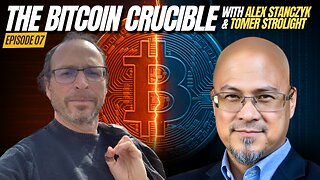 1:00:20
1:00:20
Simply Bitcoin
5 hours ago $0.06 earnedThe Bitcoin Crucible w/ Alex Stanczyk ft Tomer Strolight - Episode 7
23.6K -
 17:33
17:33
a12cat34dog
5 hours agoRUMBLE TAKEOVER @ DREAMHACK | VLOG | {HALLOWEEN 2025}
21.8K11 -
 LIVE
LIVE
Spartan
2 hours agoStellar Blade Hard Mode with death counter (First Playthrough)
33 watching -
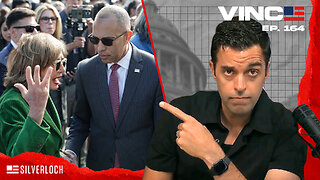 1:02:11
1:02:11
VINCE
5 hours agoPelosi Is Passing The Torch - Who's Next? | Episode 164 - 11/07/25 VINCE
181K159 -
 LIVE
LIVE
GloryJean
3 hours agoWINNING All Day Long Baby 😎
48 watching -
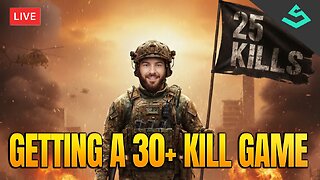 LIVE
LIVE
SOLTEKGG
3 hours agoGOING FOR THE WIN WORLD RECORD - BF6 Giveaway
39 watching -
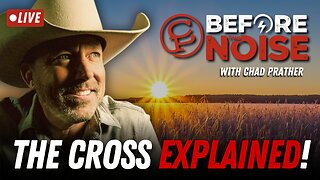 1:06:37
1:06:37
Chad Prather
17 hours agoApplying The POWER Of Christ To Your Life!
88.2K36